Description
La Palma • Chalatenango — El Salvador
Pacamara Washed
Finca Peña Redonda
Region La Palma, Chalatenango • Process Washed • Variety Pacamara • Elevation ~1,400–1,550 masl
RECOMMENDED ROAST: Light–DARK
QUALITIES: juicy • sweet • clean
CHAFF LEVEL: Low–Medium
Flavor Profile
Sweet • Floral • Rustic Chocolate • Spice
It’s not a particularly bright coffee; it leans towards the balanced, smooth, and creamy side with soft florals, a slight lemony citrus acidity, and a very clean sweetness. In a light roast, the floral notes and touch of lemon stand out; as it approaches a medium roast, chocolate (like milk chocolate) and nutty notes of toasted walnut take center stage, with a silky body and a very clean finish.
Roasting notes
Large Bean Pacamara
A very clean screen of coffee, large beans with almost no defects. Good from light to dark, a very versatile coffee; if you’re looking for more acidity and a medium body, you can roast it light. If you prefer something more intense with more body, perhaps enhancing the chocolate notes and bringing out tea or cocoa hints, a dark roast would be perfect. Even roasting with lower chaff.
TASTING NOTES — ROASTING NOTES
Light Roast
Medium body - Blackberry/juicy citrus - sweet - Floral - Clean finish
Medium Roast
Balanced - Cocoa - Chocolate - Moderate acidity - Very silky
Dark Roast
Fuller body — Cocoa/molasses — Low acidity — Roasty hint — Clean aftertaste
ORIGIN: La Palma – Chalatenango (El Salvador)
Finca Peña Redonda – Carlos Mauricio Lemus
Carlos Mauricio Lemus Landaverde manages Peña Redonda in La Palma, Chalatenango, a high-altitude farm named for the enormous round rock that dominates the property. After the death of his father, José María Lemus, Carlos took over and maintained the family’s focus on clean processes and selective harvesting. Today, they cultivate Pacamara, Pacas, and Bourbon, and have incorporated Gesha in recent years. The farm is located between 1,450 and 1,500 meters above sea level, shaded by sweetgum trees and with stony soils that promote slow ripening. Their lots have been recognized several times at the Cup of Excellence: 12th in 2015 (washed Pacamara), 9th in 2017 (honey Pacamara, 88.32), 26th in 2018 (honey Pacamara), and 7th in 2019 (natural Pacamara, 88.94). In 2017, the award-winning profile showed notes of Swiss chocolate, orange, and peach.
“Valley of water and sand” and home to the country’s highest point (Cerro El Pital, 2,730 m), Chalatenango is located within the Alotepec–Metapán mountain range in northern El Salvador. Its cool microclimates and growing altitudes—with abundant SHB above 1,400 m—favor slow ripening and very defined cup profiles.
Although for decades the “top Salvadoran coffees” were associated with the western region, Chalatenango rose to stardom when La Montaña (La Palma, Chalatenango) won 1st place in the 2007 Cup of Excellence with 92.80 points. A year earlier, Finca Los Planes had already placed 2nd (2006), paving the way for the region. And the streak continues: in 2025, a Pacamara from Finca Santa Rosa (Chalatenango) obtained the highest score in the Salvadoran edition. El Salvador is the birthplace of Pacas and Pacamara, two emblematic varieties that show great potential at high altitudes. In Chalatenango, small producers work micro-lots and also experiment with SL-28 and Gesha; the dry season coincides with the harvest, which facilitates sun-drying and a diverse range of processes (washed, honey, and natural) with great consistency.
Chalatenango the “valley of water and sand”
Chalatenango
“Valley of water and sand” and home to the country’s highest point (Cerro El Pital, 2,730 m), Chalatenango is located within the Alotepec–Metapán mountain range in northern El Salvador. Its cool microclimates and growing altitudes—with abundant SHB above 1,400 m—favor slow ripening and very defined cup profiles.
Although for decades the “top Salvadoran coffees” were associated with the western region, Chalatenango rose to stardom when La Montaña (La Palma, Chalatenango) won 1st place in the 2007 Cup of Excellence with 92.80 points. A year earlier, Finca Los Planes had already placed 2nd (2006), paving the way for the region. And the streak continues: in 2025, a Pacamara from Finca Santa Rosa (Chalatenango) obtained the highest score in the Salvadoran edition. El Salvador is the birthplace of Pacas and Pacamara, two emblematic varieties that show great potential at high altitudes. In Chalatenango, small producers work micro-lots and also experiment with SL-28 and Gesha; the dry season coincides with the harvest, which facilitates sun-drying and a diverse range of processes (washed, honey, and natural) with great consistency.
Seasonality — Harvest (El Salvador)
| Jan | Feb | Mar | Apr | May | Jun | Jul | Aug | Sep | Oct | Nov | Dec |
Typical harvest window in Chalatenango: Nov – Mar (peak Dec–Feb). Export shipments often depart 3–4 months later.
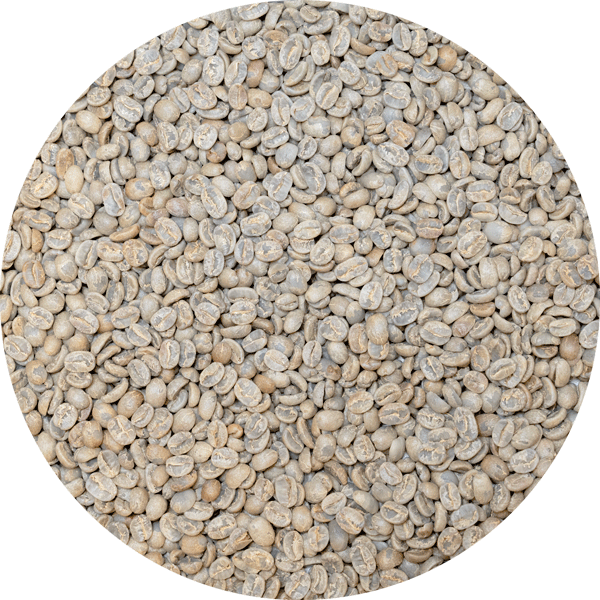
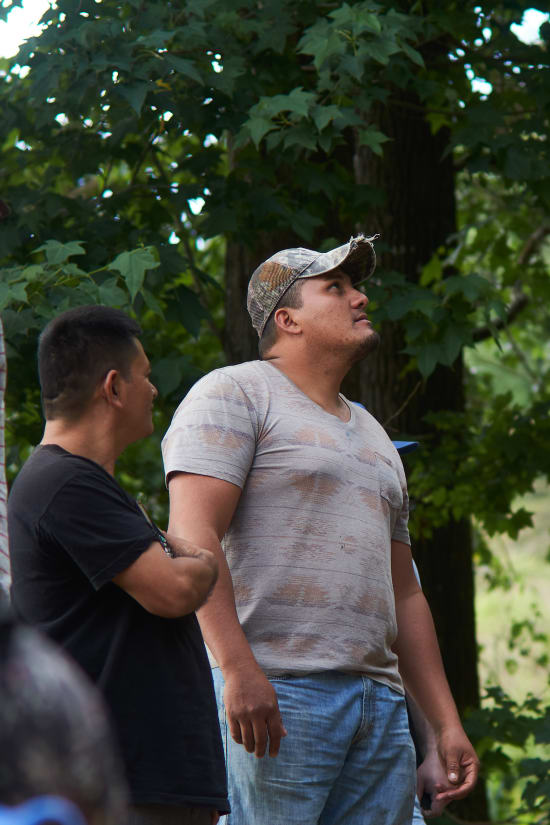
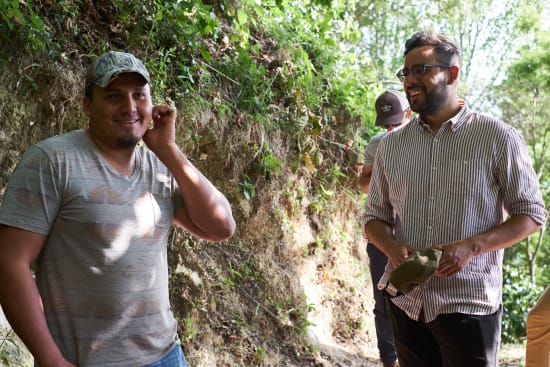
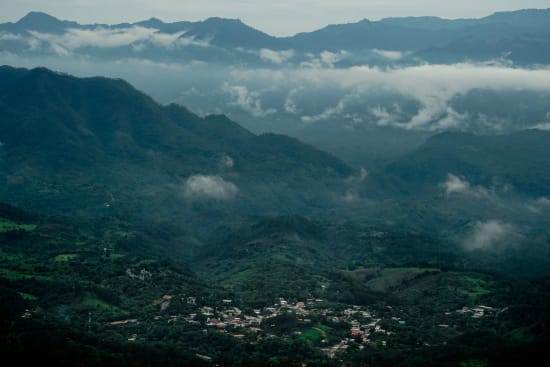
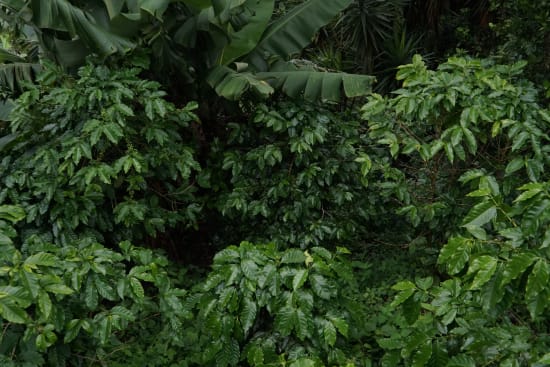
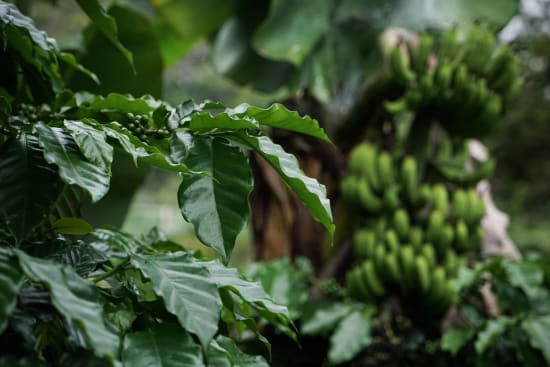
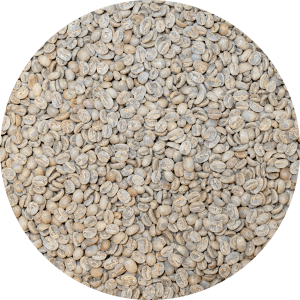
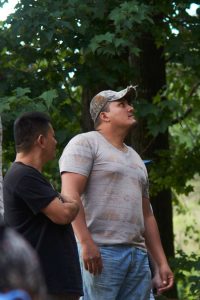
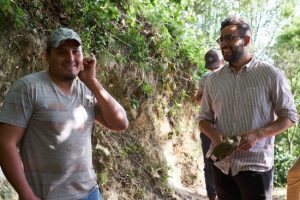
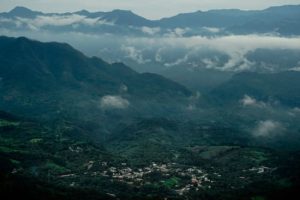
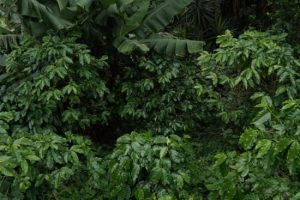
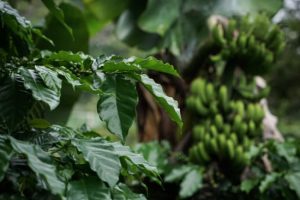
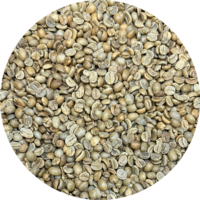

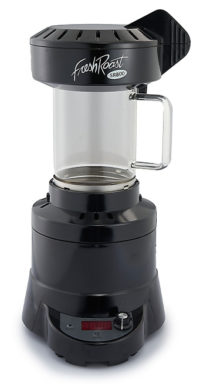


clay1650 (verified owner) –
This is one of the better Central American coffees I’ve had in the last 3-5 years. For my taste, a medium roast was perfect.